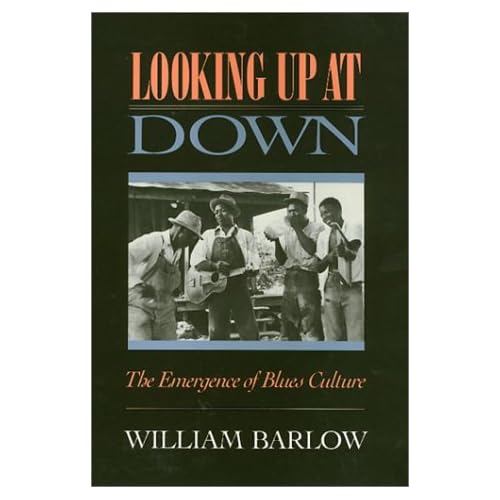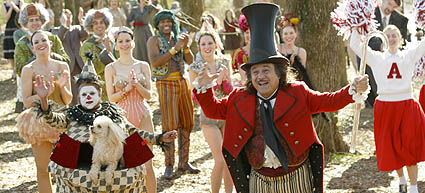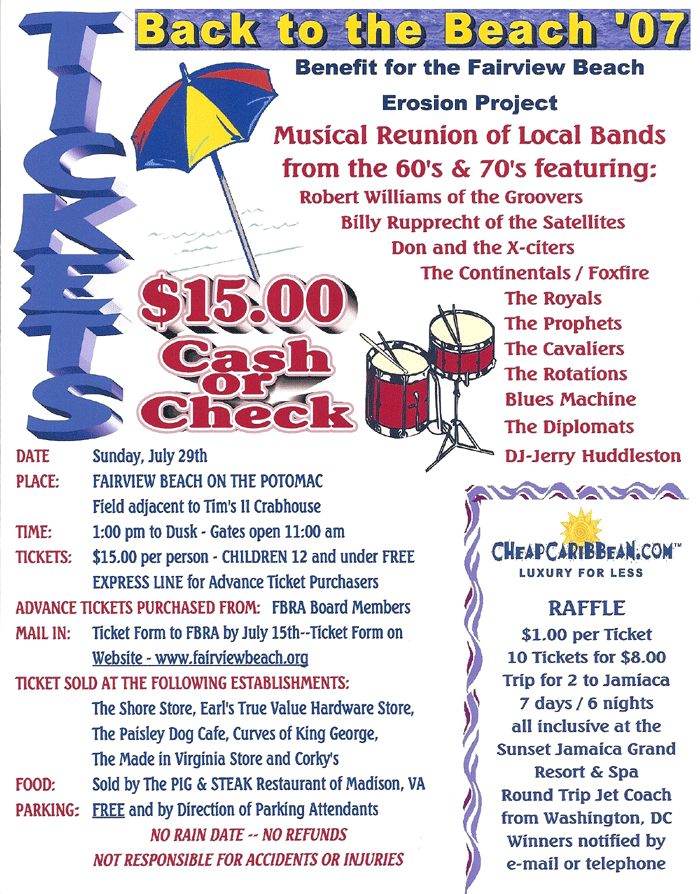Hey y'all:
Robin Rainer of DOTHAN MAGAZINE
http://dothanmagazine.com/current.php
has put out an incredible Dothan Rock'n Roll number this month.
It's in garnet & gold
[FSU colors fo' all uv y'all in YERBA Linda]
Unfortunately, a couple of dings:
"Right String Baby but the Wrong Yo-Yo"
were written by Atlanta's
"Piano Red" Perryman
Kinda interesting too 'cause when you look at the old Early Map of Georgia,
our part of the country was called, PERRYMAN!

WILLIAM "PIANO RED" PERRYMAN
image courtesy of http://www.answers.com/topic/piano-red
This cat named William Barlow wrote literally a blues encyclopedia in '89 called LOOKING UP AT DOWN: The Emergence of Blues Culture.
Dr. Barlow interviewed William "Piano Red" Perryman at Wolf Trap, VA in August of '81.
"Piano Red" composed RIGHT STRING, BABY, BUT THE WRONG YO YO which was covered by Wilbur Walton Jr. & The James Gang in the mid Sixties.
Check out what "Piano Red" had to say:
You couldn't make a livin' playin' them rent parties, but you could have a good time. You could make a little something extra, eat and drink all you want, and hang around with the other musicians. There was a lot of piano players back then. Old Soup Stick was a good one, played that low-down blues. Then there was them boys from Spartanburg I used to run around with- Ted Wright and Colfield West. Oh, there was a lot of them, but mostly they didn't have no names- just come and go.
(Dr. Barlow continues...)
Unlike most of Atlanta's blues piano players, Piano Red remained based in Atlanta for his entire career, which spanned five decades. He made his first recordings with Blind Willie McTell in the mid 1930s; then in the postwar years he became "Dr. Feelgood," the popular host of a daily blues radio show broadcast on WERD.
Throughout the 1920s, Atlanta was the major race recording site in the South and therefore attractive to migrant blues musicians. The two major race record labels active in Atlanta were Okeh and Columbia.
I rilly hope Robin shoots me some of those images from his magazine, especially the garnet & gold Wilbur
& "Wilbur & Jimmy on the Front Porch."
Oh yeah, I'll take
"REFLECTIONS- on the Greatest Hits of the past & present" image too!!!!

image courtesy of http://dothanmagazine.com/
Two udder dings:
Our ole pahdnuh Robert Nix was not interviewed in any of the articles in the latest issue of DOTHAN MAGAZINE
& I hope he was contacted.
Pretty sure he's pictured in a couple of places in the magazine.
Robert's myspace site is
http://profile.myspace.com/index.cfm?fuseaction=user.viewprofile&friendid=168664328
Robert plays drums in Alison Heafner's Band
http://www.myspace.com/alisonheafner
& not only that BUT
Robert also played drums on "Tuesday's Gone" on Lynyrd Skynyrd's
because Al Kooper asked him too.
AL,
Hate to tell you but unfortunately the latest issue of DOTHAN MAGAZINE spells your name "Al Cooper".
http://www.alkooper.com/
Forgive us all & not only 'dat, we'll celebrate your 50th year in Show Business neck year!!!!
Let me hear from ya!
Best,
rr http://snakedoctor.blogspot.com
P.S.
From Barlow's book on the blues:

image courtesy of http://www.amazon.com/Looking-Up-At-Down-Pb/dp/0877227225
The man responsible for the Okeh recording sessions in the city was Polk Brockman, a white Atlanta native who got into the record business after taking over the phonograph department of his father's furniture store. Brockman had little interest in the blues, but when he realized that money could be made selling black secular and sacred recordings, he made a deal with Ralph Peer at Okeh Records. In essence, Polk Brockman became Peer's surrogate in Atlanta, and eventually in other southern cities like Birmingham, New Orleans and Dallas. The best-known rural blues artists he signed for recording sessions included the Mississippi Sheiks and Blind Lemon Jefferson. On the local black music scene, he preferred the vaudeville performers who played at the 81 Theatre; it was there he came across Eddie Haywood, and famous comedy duo of Butterbeans and Susie and arranged recording sessions for them. His most prolific and profitable recording artist was a local preaching phenomenon, the Reverend J. M. Gates, who had a large following in Atlanta's black community. Later in the decade, Brockman was joined by Frank Walker of Columbia Records, who made frequent trips to Atlanta to supervise recording sessions. Among those he recorded were Lillian Glinn and Blind Willie McTell.
Barlow 'bout knocked me down when he used the following 1937 quote from a local black newspaper in Dallas to open Chapter 7- "STORMY MONDAY": Urban Blues in the Southwest:
Down on Deep Ellum in Dallas, where Central Avenue empties into Elm Street and Ethiopia stretches forth her hands. It is the one spot in the city that needs no daylight saving time because there is no bedtime, and working hours have no limits. The only place recorded on earth where business, religion, hoodooism, gambling and stealing go on without friction.
NOW IF DAT DON'T SOUND LIKE THE NEIGHBORHOOD AROUND THE INTERSECTION OF 30TH & 25TH HERE IN TUSCALOOSA, I DON'T KNOW WHAT DOES!
Barlow saves his most profound thoughts for his conclusion on page 346 of his book:
An unusual cross-section of people are currently engaged in blues culture. Their race, class, and generational differences have made it one of those rare, eclectic, and in many ways utopian social experiments that can take place only on the fringes of the dominant culture. In mainstream American society, integration on the job and in the schools is mandated by law, but social space remains color- and class-coded. That is, people work together and share public accomodations and services, but spend their leisure time in separate communities according to race and social class, in that order. The blues culture runs contrary to this sort of social stratification, especially where color is concerned. What began as a black proletarian cultural formation a hundred years ago has been transformed by succeeding generations of blues people into a novel interracial melting pot. In particular, the postwar transference of the blues tradition from an old black working-class generation to a younger white middle-class generation has sent ripples of unconventional social relations throughout the society.
The magnitude of this cultural exchange is unprecedented in the history of race relations in the United States. Not that all is peace, harmony, sisterhood, and brotherhood in the blues community. The historical legacy of racism must still be overcome, and there are class, generational, and gender differences that need to be breached. But at least there exists the possibility of some cross-cultural communication and even conflict.
P.P.S.
Check out Jerry Henry's Interview Wid Fred DeLoach in the latest issue of Planet Weekly:
http://www.theplanetweekly.com/











